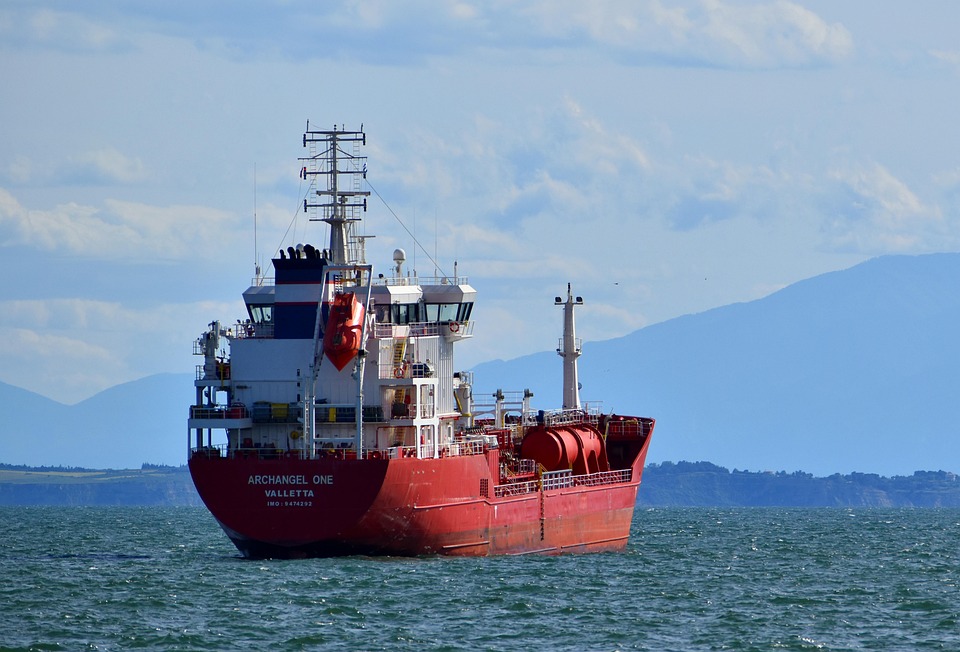
1. What Is Delegation代理輸出Mode?
Entrusted Agency Export ModelIt refers to a cooperative arrangement in which a manufacturing enterprise entrusts its export operation rights to a specialized foreign-trade company, with the agent handling the entire process—customs declaration, foreign-exchange collection, tax rebates, and more. Under this model, the manufacturer (the principal) does not need to obtain its own export qualifications; instead, it leverages the agent’s expertise and foreign-trade channels to bring its products to international markets.
II. What are the fundamental differences compared to self-operated exports?
- Division of Authority and Responsibility:
- Agency by Entrustment: The agent bears the principal legal responsibilities for foreign-exchange collection, customs declaration, etc.
- Self-operated Export: The enterprise assumes all export risks on its own.
- Qualification Requirements:
- Agency Representation: Manufacturing enterprises do not need import-export rights
- Self-operated export: Must hold import and export qualifications filed with customs
III. What specific responsibilities does the export agency company undertake?
- International Transportation Solution Design & Execution (Including Ocean, Air, and Land Freight)
- Export customs documentation preparation and customs declaration
- Foreign exchange receipts and payments and cross-border settlement management
- 輸出稅還付Filing and Advance Payment of Funds (provided by some agents)
- International Trade Compliance Risk Review
4. How is the agency service fee calculated?
Widely adopted across the industry by 2025tiered pricing structure:
- Basic Service Fee: 0.8%–1.5% of the goods value (includes customs declaration, documentation, and foreign-exchange collection)
- Value-added service fee:
- Tax-refund advance financing: 0.3%–0.8% per month based on the advance period
- Special Document Authentication: USD 200–800 per copy
V. Under what circumstances is export through an agent appropriate?
- SMEs with annual export volumes of less than RMB 5 million
- Products fall under special regulatory categories (e.g., medical devices, chemicals)
- First-time expansion into emerging markets (e.g., the Middle East and Africa)
- Temporary export business needs
VI. What are the main risk points in export agency?
- Documentary risk: The agent's operational error resulted in customs administrative penalties
- Funding risk: Delays in foreign-exchange receipts are impacting cash flow
- Tax risk: Non-compliant VAT invoices trigger an audit
- Legal risk: Joint and several liability arising from defects in the agent's qualifications
VII.輸出稅還付How should we handle it?
Under the 2025 latest policy, in the export-agency model:
- The entity eligible for tax refunds remains the manufacturing enterprise.
- The agency must provideAgency Export Certificate
- 一部地域で「チケット提示即払い戻し」のサービスを試験導入し、還付期間を15営業日に短縮
VIII. How to Choose a Reliable輸出代理店Company?
- VerificationCustoms AEO CertificationQualification
- Confirm with the State Administration of Foreign ExchangeListed enterprisesQualification
- Provide the data for the past three years.Certificate of No Violation
- Prioritize those withIndustry-dedicated service teamagent
9. What clauses must an export agency contract include?
- Dispute Resolution Clause (Arbitration Venue Recommended)
- Intellectual Property Warranty Clause
- Foreign Exchange Risk Sharing Mechanism
- Quantitative Standards for Liability for Breach of Contract
- Data Confidentiality and Information Security Clauses
10. Is export through an agent a lawful and compliant operation?
Pursuant to the Foreign Trade Law and the General Administration of Customs Announcement No. 58 of 2025, entrusted agency export isPerfectly legalas a mode of trade, but note:
- 「偽りの自営、実質の代理」という運営モードを禁止する
- Money laundering or issuing fake invoices through proxy companies is strictly prohibited.
- The agency contract must be filed with a notary office.


 カスタマーサービスWeChatをフォローしてください
カスタマーサービスWeChatをフォローしてください